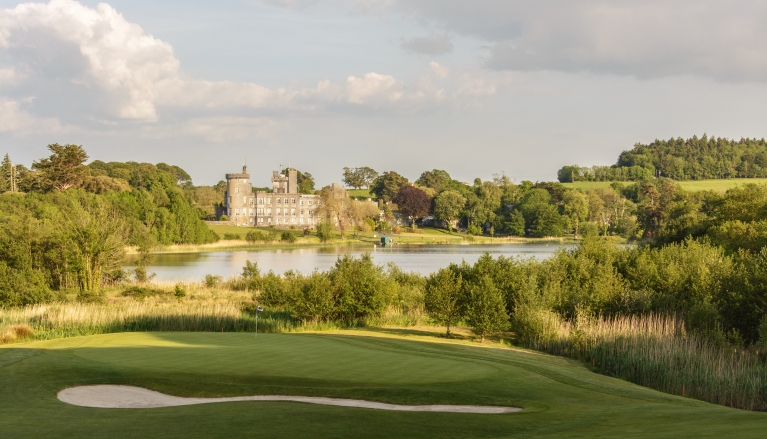First of all, no matter how you spell it, “whisky/ey” is an umbrella term for a type of spirit distilled from a mash of fermented grains. Within this category, there are many different groups—including Bourbon, Canadian, Irish, Rye, Scotch and Tennessee.
Originally, the word “whisky” comes from the Scots Gaelic word Uisge Beatha, meaning the “Water of Life.” It was Anglicized over time to “whiskybae” and finally shortened to “whisky.” While Canadian, Japanese and Scottish producers tend to favor the spelling “whisky,” American and Irish distillers decided they wanted to differentiate between the two and added the “e.” Confusing, right?
So, Irish Whiskey or Scottish Whisky? Both are amazing, but if you’re planning a trip to Ireland or Scotland, remember this rule of thumb when writing about the popular drink of choice:
Countries with an “E” in their name: AmErica and IrEland spell it with the “E.”
Countries without an “E”: Canada, Japan and Scotland spell it without the “E.”
As the history of Irish whiskey goes, the British made it more popular than almost any other spirit. You would also be very surprised to learn that the introduction of Scottish blended whiskey onto the market was partially responsible for the demise of Irish whiskey. Today, there are significantly fewer whiskey distilleries that grace the Emerald Isle. Imagine that, in the eighteenth century, there were over 1,200 whiskey distilleries in Ireland.
Now, let’s take a look at the different physical components between Irish and Scottish whiskies. So, make yourself a delicious Irish coffee and let’s get started!
















